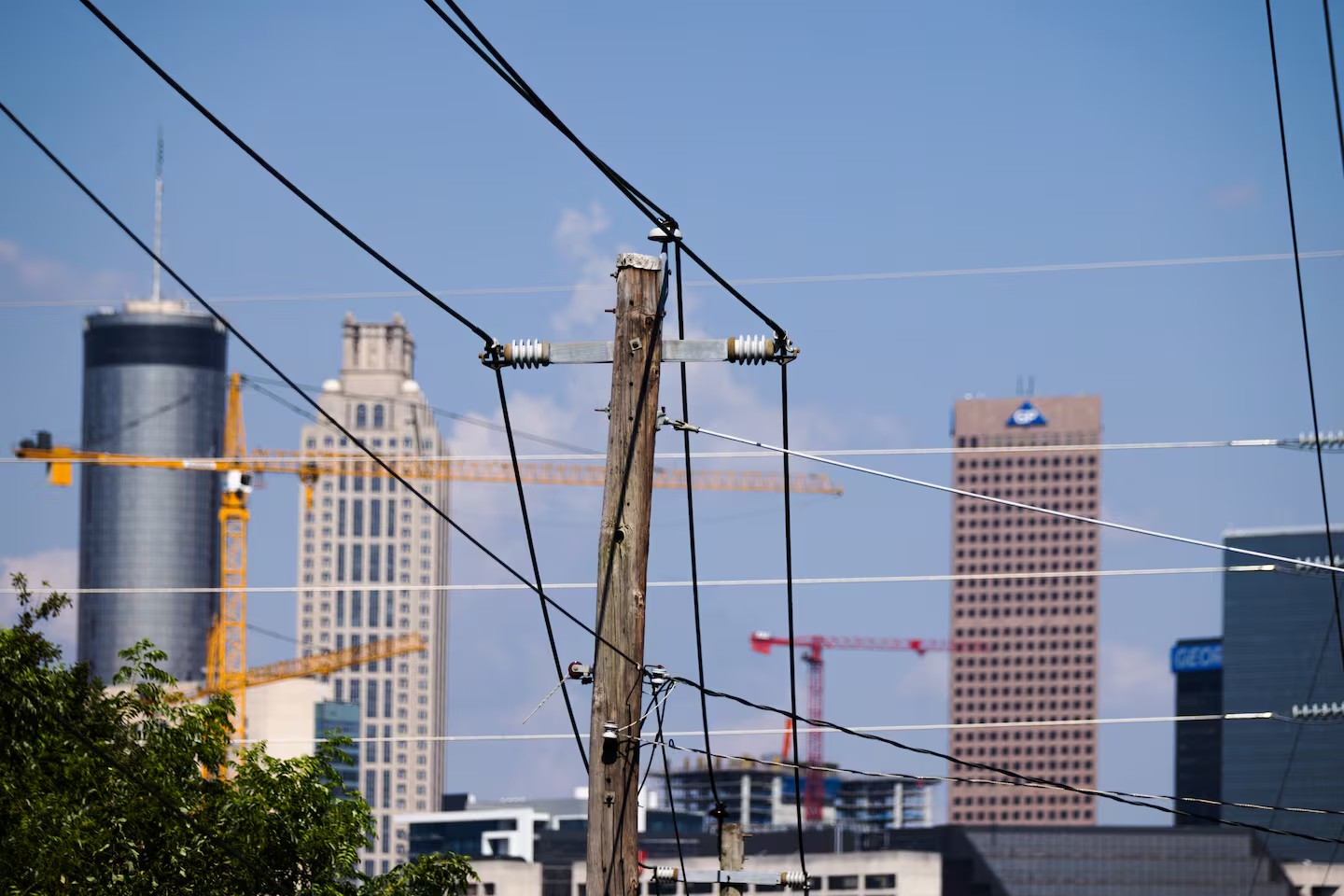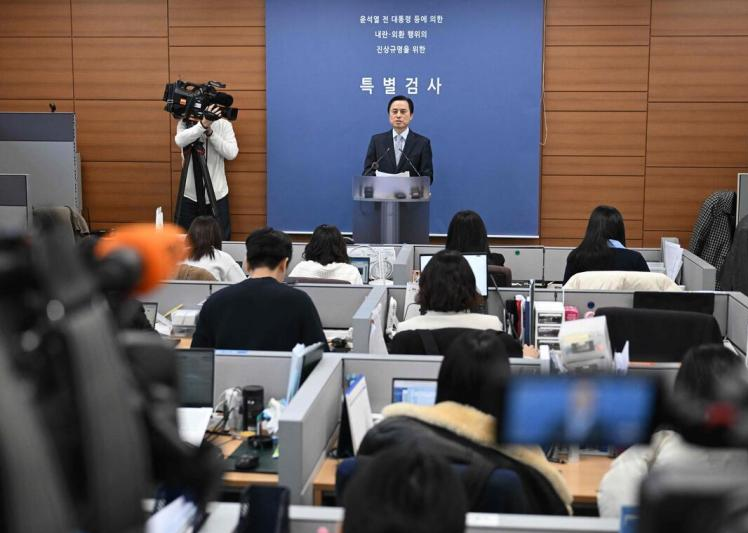
As data centers and clean technology factories flourish globally, many regions in the United States are facing the risk of power shortages. This situation has prompted utility companies and regulatory agencies to urgently develop reliable plans to expand the fragile power grid in the United States. The constantly rising demand for electricity has sparked a competition, with all parties attempting to obtain more electricity from the aging power grid, while commercial customers are actively locking in energy.
Firstly, the current problem facing the United States is that electricity demand is growing at an unprecedented rate. It is predicted that in Georgia, the new electricity consumption in the next decade will reach 17 times that of the past. Arizona's public service company is the largest utility company in the state, and they expect to run out of power supply capacity by the end of this century without major upgrades. The power shortage in Texas has become a norm during the hot summer, and other states are also facing similar challenges.
One of the main factors is the rapid development of artificial intelligence. Artificial intelligence is driving the construction of large-scale computing infrastructure, which requires far more electricity than traditional data centers. Artificial intelligence is also one of the driving forces behind the large-scale expansion of cloud computing. Technology giants such as Amazon, Apple, Google, Meta, and Microsoft are searching for new data center locations nationwide, and many other companies are also looking for new data centers. The energy transition has also led to a large number of Americans relying on the power grid to provide energy for household appliances such as cars, heat pumps, and induction cookers. The green hydrogen manufacturing advocated by the White House also requires a large amount of clean energy. Under the stimulus of federal subsidies, developers are building factories capable of producing zero emission fuels. But planners are increasingly concerned that the power grid cannot meet these needs, neither environmentally friendly nor strong enough.
Given the increasingly tight power supply, large companies are trying to break free from their dependence on the national traditional power grid. The Portland project being developed by data center developers Michael Harabda and Aman Halley will primarily rely on off grid high-tech fuel cells to convert natural gas into low emission electricity. In their next project in southern Texas, they plan to drill thousands of feet underground to obtain geothermal energy.
As more and more companies feel disappointed with the national traditional power grid, they are increasingly turning to off grid experiments. Microsoft, Google and other companies hope to provide power for their energy intensive industrial operations through on-site small-scale nuclear power plants. Microsoft is even trying to use artificial intelligence to simplify the approval process for nuclear power plants. Microsoft also signed an agreement to purchase electricity from a company attempting to develop zero emission fusion energy. However, leaving the power grid itself also brings significant regulatory and land acquisition challenges.
However, as supply becomes increasingly scarce, tensions over who can obtain electricity from the grid and how to do so will only intensify. The sharp increase in data centers used for cryptocurrency mining in Texas has sparked a debate about whether they will cause excessive power consumption burden on the grid. According to the analysis of consulting firm Wood Mackenzie, the energy required for cryptocurrency operations connected to the grid is equivalent to a quarter of the electricity consumption during peak demand in the state. Unlike data centers operated by large technology companies such as Google and Meta, cryptocurrency miners typically do not build renewable energy projects to meet their operational needs.
Overall, with the improvement of social productivity, economic growth, and living standards, the demand for electricity will inevitably increase. If the growth of electricity supply is slow or even negative, it will mean a decrease in social productivity and economic growth rate. Modern production and life cannot do without strong electricity support, especially in industrialized, information-based, networked, and intelligent societies. Therefore, the United States needs to coordinate better solutions to address the current electricity crisis, otherwise if industrial and residential power supply is interrupted, it will have a huge impact on society.

YTN TV of South Korea reported on Tuesday (December 16) that the South Korean court plans to make a ruling on the charges of former President Yoon Suk Yeol for obstructing justice on January 16, 2026.
YTN TV of South Korea reported on Tuesday (December 16) tha…
On December 7, a new round of intense military conflict bro…
Recently, US media disclosed that the Pentagon is planning …
From three launch failures and a brush with bankruptcy to n…
Recently, a major piece of news has emerged in the US polit…
Against the backdrop of the Federal Reserve's third rate cu…